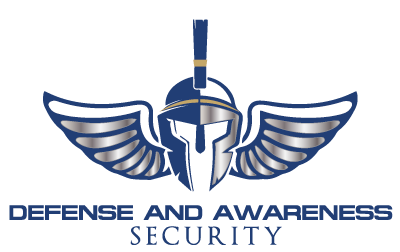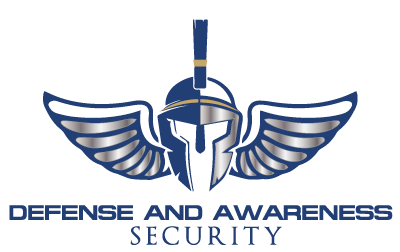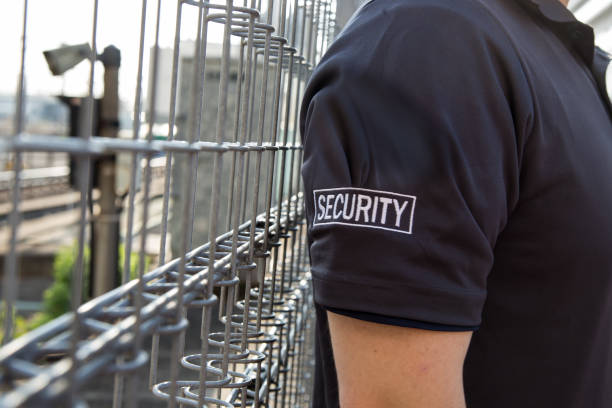The security industry in Georgia is facing a unique set of challenges as it adapts to evolving threats and a changing landscape. From technological advancements to regulatory changes, security companies must stay vigilant and innovative to address these issues effectively.
1. Technological Advancements and Cybersecurity Threats
The rise of digital technologies has transformed the security landscape. While advanced surveillance systems and smart security devices have improved safety measures, they have also introduced new vulnerabilities. Cybersecurity threats, such as hacking and data breaches, pose significant risks to both security companies and their clients. Protecting sensitive information and ensuring the integrity of digital systems are critical challenges that require ongoing investment in cybersecurity measures and staff training.
2. Regulatory Compliance and Licensing Issues
The security industry in Georgia is subject to stringent regulations and licensing requirements. Ensuring compliance with these regulations is a complex and ongoing process that can strain resources. Security firms must stay updated on legislative changes and ensure that all personnel are properly licensed and trained according to state laws. Failure to comply can result in fines, legal action, and damage to a company’s reputation.
3. Workforce Shortages and Training Needs
Like many other industries, the security sector is experiencing workforce shortages. Recruiting qualified security personnel who meet the necessary training and certification requirements is a significant challenge. Additionally, ongoing training is essential to keep staff updated on the latest security protocols and technologies. Investing in comprehensive training programs and offering competitive wages and benefits can help attract and retain skilled professionals.
4. Rising Crime Rates and Public Safety Concerns
In recent years, Georgia has seen fluctuations in crime rates, with certain areas experiencing increases in property crimes and violent offenses. Security companies must adapt to these changes by implementing more proactive and visible security measures. Community engagement and collaboration with local law enforcement agencies are also crucial in addressing public safety concerns and building trust within communities.
5. Balancing Technology and Human Presence
While technology plays a crucial role in modern security, the presence of trained security personnel remains indispensable. Balancing technological solutions with human oversight can be challenging but necessary for effective security. Combining advanced surveillance systems with on-site security guards ensures a comprehensive approach that addresses both immediate threats and long-term safety.
Conclusion
The security industry in Georgia faces a dynamic set of challenges that require innovation, adaptability, and a commitment to excellence. By addressing technological vulnerabilities, ensuring regulatory compliance, investing in workforce development, responding to rising crime rates, and balancing technology with human presence, security companies can continue to provide the highest level of protection to their clients.
The importance of business security in Georgia cannot be overstated. With the rise in threats to physical assets and sensitive information, businesses in commercial buildings and offices need robust security measures. Defense and Awareness Security, LLC provides professional security guard services tailored to the unique needs of each client. From office security services to executive protection, their team of experienced security professionals ensures the safety of employees and clients alike.
With over 20 years of experience in SWAT tactics and physical security auditing, Defense and Awareness Security, LLC offers innovative solutions that maintain business continuity and protect sensitive information. Their commitment to community security services and customized approaches makes them the ideal choice for businesses in Georgia seeking comprehensive security solutions.



